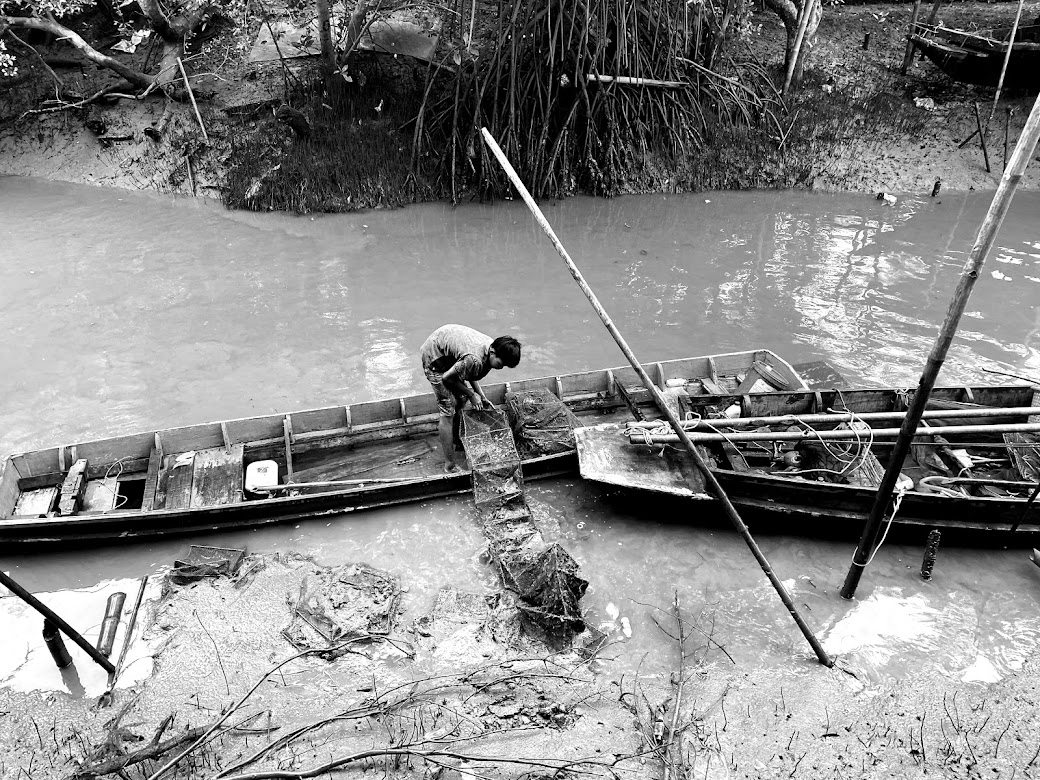A new publication has just been released by Danny Marks, Mucahid Mustafa Bayrak and John Connell titled
Increasing livelihood vulnerabilities to coastal erosion and wastewater intrusion among aquaculture farmers in peri-urban Bangkok
This paper takes a very interesting approach to political ecology as most livelihood research focuses on micro-level decisions affecting occupations but fails to examine wider scale processes that shape markets, institutions, and livelihood choices. A political ecology framework helps address that gap and is applied to Tha Kam, a peri-urban coastal sub-district of Bangkok, where most residents are small- scale aquaculture farmers. They have experienced precipitous drops in income because of two environmental changes: coastal erosion and wastewater intrusion, caused by challenges present at a larger scale or that start upstream and that stem from Thailand’s fragmented governance structure, unequal class relations, and lack of accountability and representation.
This paper addresses a number of SDGs:
SDG 1 – No Poverty, SDG 2 – Zero Hunger, SDG 6 Clean Water & Sanitation, SDG 10 Reduce Inequalities, SDG 11 Sustainable Cities & Communities, SDG 12 Responsible Consumption & Production, SDG 14 Life Below Water
To read the publication click this link: https://onlinelibrary.wiley.com/doi/10.1111/1745-5871.12580
Danny Marks is a member of the DCU Water Institute from the DCU school of Law and Government. Danny’s profile can be found here: Danny Marks

